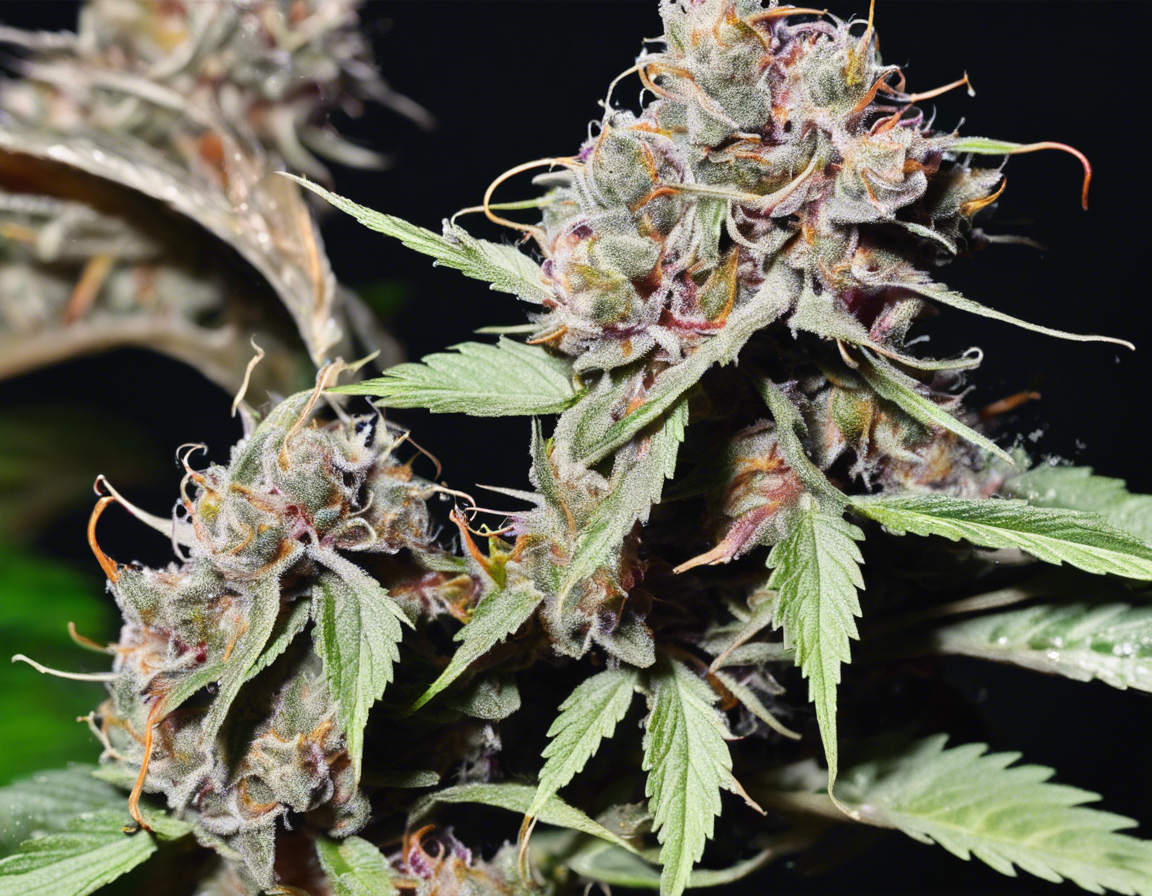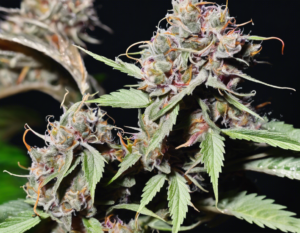The Science of Cannabis-Induced Laughter
Introduction
Cannabis, also known as marijuana, has been used for both recreational and medicinal purposes for centuries. One of the most noticeable effects of cannabis consumption is laughter. Often portrayed in media and pop culture as uncontrollable and excessive, cannabis-induced laughter has intrigued researchers and users alike. In this article, we will explore the science behind cannabis-induced laughter, including the chemical compounds responsible, the psychological mechanisms at play, and potential therapeutic applications.
Understanding Cannabis
Cannabis contains over 100 different cannabinoids, with tetrahydrocannabinol (THC) and cannabidiol (CBD) being the most well-known. THC is the primary psychoactive compound in cannabis, responsible for the “high” users experience. On the other hand, CBD is non-psychoactive and is associated with various therapeutic effects, such as pain relief and anxiety reduction. It’s essential to note that the interaction between these cannabinoids, along with other compounds like terpenes, can influence the overall effects of cannabis consumption.
The Role of THC
THC interacts with the endocannabinoid system in the body, which plays a crucial role in regulating various physiological processes, including mood, memory, and appetite. When THC binds to CB1 receptors in the brain, it can alter neurotransmitter release, leading to changes in cognition and emotions. The activation of CB1 receptors in specific brain regions, such as the striatum and prefrontal cortex, has been linked to the euphoric and psychoactive effects of THC, including laughter.
Psychological Mechanisms
Cannabis-induced laughter is a complex phenomenon influenced by both biological and psychological factors. The euphoria and relaxation experienced during cannabis consumption can lower inhibitions and increase sociability. This can result in heightened sensitivity to humor, making mundane stimuli or situations seem more amusing. Additionally, THC’s effects on memory and perception can enhance the perception of novelty and creativity, leading to a greater appreciation for humor and increased laughter.
Neurological Effects
Studies have shown that cannabis can modulate brain activity in areas associated with emotion processing and reward. The release of dopamine, a neurotransmitter linked to pleasure and reinforcement, can be enhanced by THC, contributing to the positive feelings and laughter associated with cannabis use. Moreover, cannabis can dampen the activity of brain regions involved in anxiety and stress, further promoting a relaxed and jovial state conducive to laughter.
Therapeutic Potential
Beyond its recreational use, cannabis-induced laughter has potential therapeutic benefits. Laughter itself has been linked to various health benefits, such as stress relief, pain reduction, and immune function enhancement. In the context of medical marijuana, cannabis-induced laughter can complement traditional therapies for conditions like depression and anxiety. By promoting a positive mood and reducing psychological distress, cannabis may offer relief to individuals struggling with mood disorders.
FAQs
- Can everyone experience cannabis-induced laughter?
-
While many cannabis users report increased giggles and laughter, individual responses can vary based on factors like dosage, tolerance, and personal mood.
-
Is cannabis-induced laughter always a positive experience?
-
While laughter is typically associated with positive emotions, some users may experience cannabis-induced anxiety or paranoia, which can dampen the laughter-inducing effects.
-
How long does cannabis-induced laughter last?
-
The duration of cannabis-induced laughter can vary depending on factors like the strain of cannabis, dosage, and individual tolerance levels.
-
Can laughter from cannabis be therapeutic for mental health conditions?
-
Laughter, whether induced by cannabis or other means, can have therapeutic effects on mental health by promoting relaxation, reducing stress, and enhancing mood.
-
Are there any risks associated with cannabis-induced laughter?
- While laughter itself is generally safe, excessive cannabis consumption can lead to adverse effects like impaired coordination, cognitive deficits, and addiction.
In conclusion, cannabis-induced laughter is a fascinating aspect of cannabis use that intertwines neuroscience, psychology, and humor. By understanding the mechanisms behind this phenomenon, we can appreciate the complexity of cannabis effects on the mind and body. Whether for recreational enjoyment or potential therapeutic benefits, cannabis-induced laughter exemplifies the multifaceted nature of this beloved plant.














Post Comment